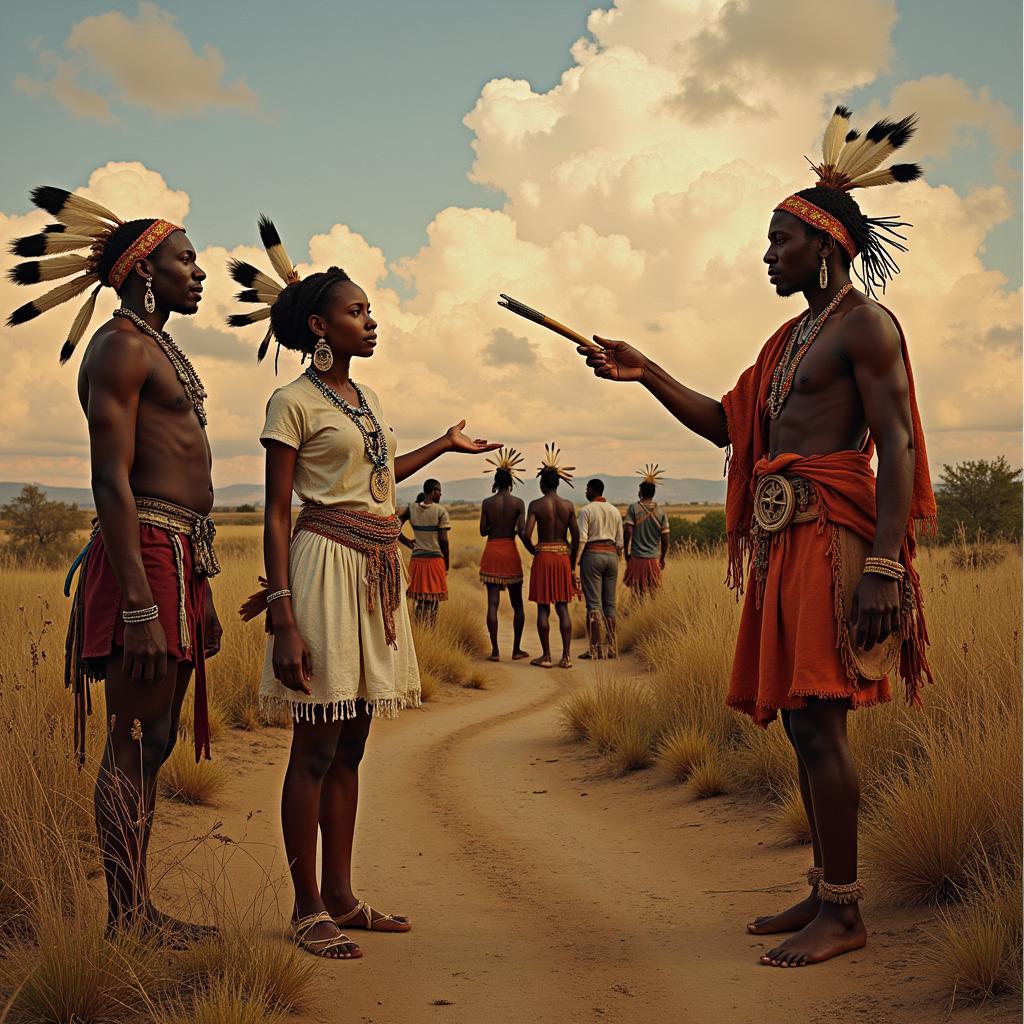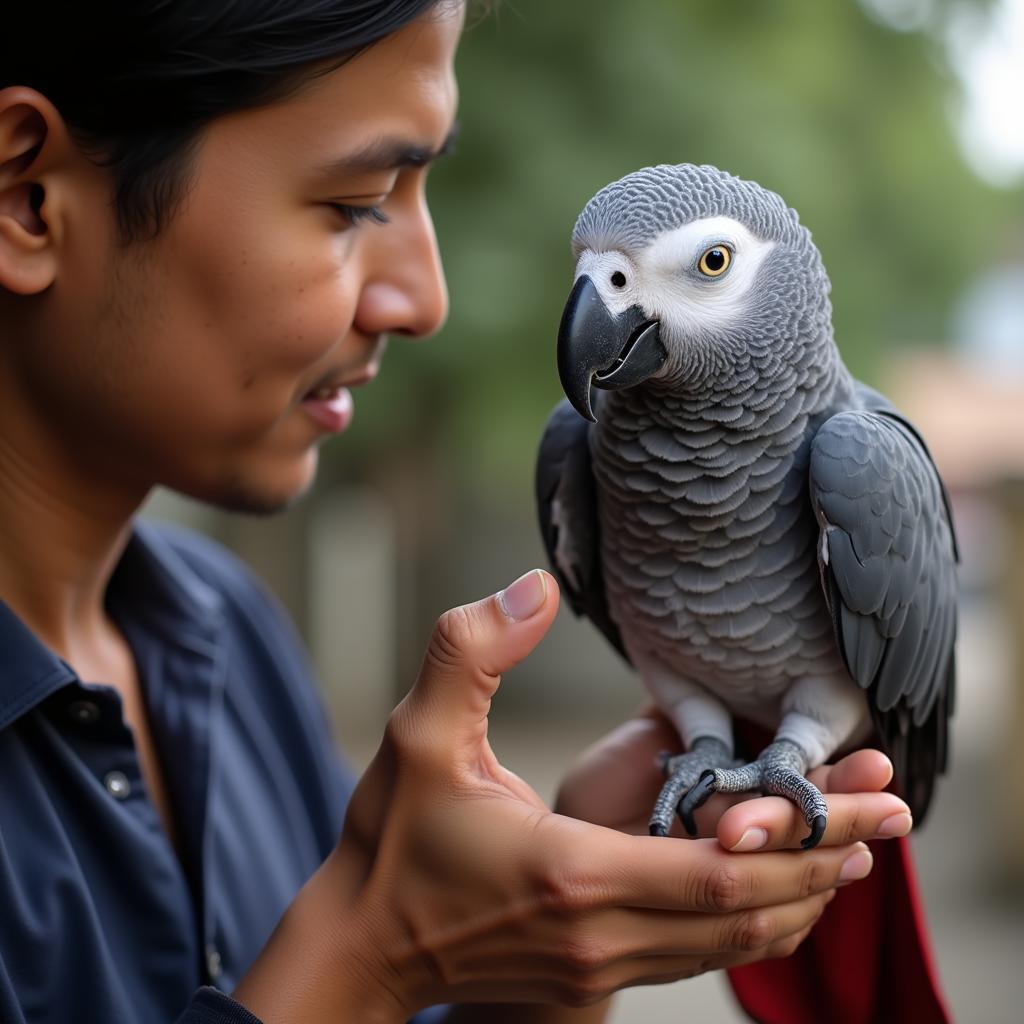The African Freedom Movement: A Continent’s Struggle for Liberation
The African Freedom Movement encompasses the diverse range of struggles across the African continent for independence from colonial rule. These movements, spanning decades of the 20th century, shaped the political landscape of Africa and continue to resonate today. The fight for self-determination was fueled by a complex interplay of factors, from economic exploitation and racial discrimination to the rise of nationalist ideologies and Pan-Africanism.
The seeds of resistance were sown early, with initial protests often met with brutal suppression. However, the tide began to turn after World War II. The global shift in power dynamics, coupled with the growing international condemnation of colonialism, created a fertile ground for African liberation movements to flourish. These movements employed various strategies, ranging from peaceful protests and civil disobedience to armed struggle. Many leaders emerged during this period, inspiring their people and galvanizing international support.
Key Figures in the African Freedom Movement
Several individuals played pivotal roles in leading their nations to independence. Kwame Nkrumah in Ghana, often hailed as the father of Pan-Africanism, championed a unified and independent Africa. Nelson Mandela, a symbol of resilience against apartheid in South Africa, became a global icon of the fight for equality. These leaders, along with numerous others, shaped the trajectory of the African freedom movement. Their legacies continue to inspire generations striving for justice and self-determination. You can learn more about some of the struggles from African countries freedom movement.
The struggle for freedom also involved a vast network of individuals who worked tirelessly behind the scenes. Women, often overlooked in historical narratives, played crucial roles in mobilizing communities and providing essential support to the liberation movements. From organizing protests to providing refuge and medical care, their contributions were indispensable to the success of the movement.
The Legacy of Colonialism and the Path to Independence
The impact of colonialism on Africa was profound and far-reaching, leaving deep scars on the continent’s social, economic, and political fabric. The arbitrary drawing of borders by colonial powers disregarded existing ethnic and cultural boundaries, creating tensions that continue to plague many African nations today. The exploitation of resources and the suppression of indigenous cultures left a legacy of inequality and underdevelopment. Learn more about African countries and their colonizers.
What were the long-term effects of the African freedom movement?
The African freedom movement led to the independence of numerous African nations, reshaping the political landscape of the continent. However, the legacy of colonialism continues to impact many African countries, particularly in terms of economic development and political stability.
How did the African American freedom movement influence the African freedom movement?
The struggles for civil rights and equality in the United States resonated deeply with many Africans fighting for their own liberation. The exchange of ideas and strategies between the two movements played a significant role in shaping the course of both struggles. For further information, explore the African American freedom movement.
The path to independence varied across the continent. Some nations achieved independence through peaceful negotiations, while others engaged in protracted armed struggles. The transition to self-rule was often fraught with challenges, including political instability, economic hardship, and ethnic conflicts.
The African Freedom Movement Today
The fight for true freedom and equality continues in many parts of Africa today. Issues such as economic inequality, political corruption, and human rights abuses remain significant challenges. The spirit of the African freedom movement lives on in the ongoing struggles for social justice and democratic governance across the continent. Learn about the African American Freedom Trail Boston.
The African freedom movement stands as a testament to the enduring human spirit and the unwavering pursuit of liberty. It is a story of resilience, courage, and the determination to shape one’s own destiny. The movement continues to inspire people around the world striving for a more just and equitable future.
FAQ
- What is Pan-Africanism? Pan-Africanism is a movement that promotes the solidarity and liberation of all people of African descent.
- When did most African countries gain independence? The majority of African countries gained independence in the mid-20th century, primarily in the 1950s and 1960s.
- What were some of the challenges faced by newly independent African nations? Newly independent African nations faced challenges such as political instability, economic hardship, and ethnic conflicts.
- Who were some key leaders of the African freedom movement? Key leaders included Kwame Nkrumah, Nelson Mandela, Jomo Kenyatta, and many others.
- What is the significance of the African freedom movement today? The African freedom movement serves as an inspiration for ongoing struggles for social justice and democratic governance across the continent.
- Where can I learn more about books for 5th graders regarding African American history? Explore African American chapter books for 5th graders for more resources.
- Are there resources that provide a breakdown of African countries and the movements for independence? Yes, resources like the one on African countries freedom movement can offer valuable information.
Situations where these questions arise:
- Students researching the history of Africa.
- Individuals interested in learning about colonialism and its impact.
- Activists seeking inspiration from past freedom movements.
Related Articles:
- The Impact of Colonialism on African Art and Culture
- The Role of Women in Post-Colonial African Society
- Pan-Africanism: A History and Analysis
If you need further assistance, please contact us: Phone: +255768904061, Email: kaka.mag@gmail.com, or visit our office at Mbarali DC Mawindi, Kangaga, Tanzania. We have a 24/7 customer service team available to assist you.


